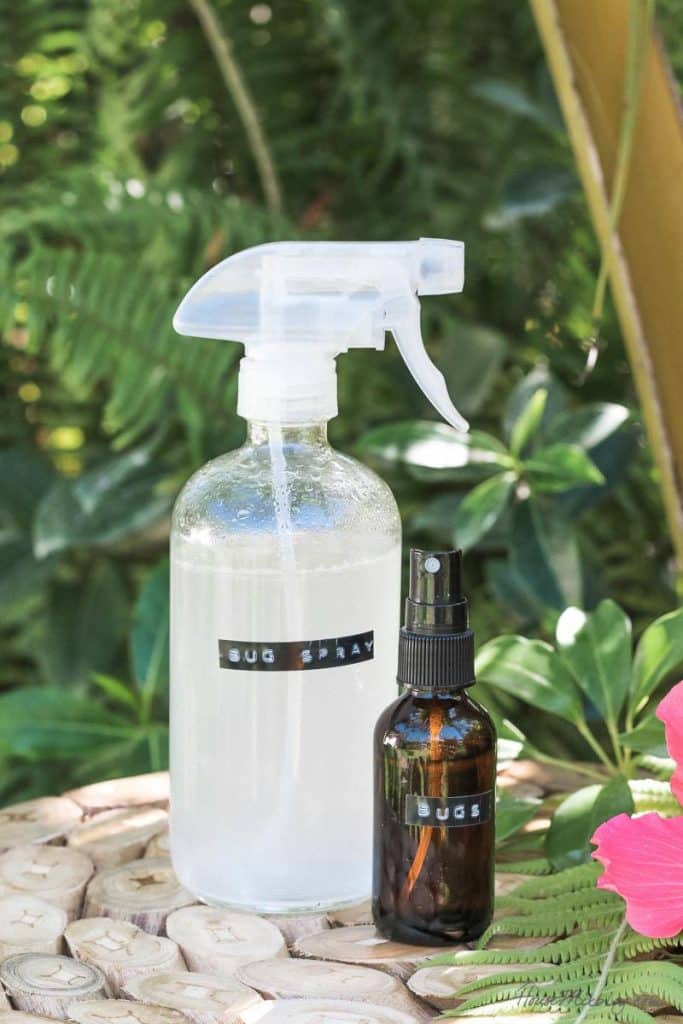Studies show that natural mosquito repellents are more appealing to many people. This is true despite the prevalence of traditional chemical repellents. Transitioning to using natural repellents is understandable because of the side effects some people develop from using chemical repellents. Summer is here, and you should know what to look for in your natural repellents.

The Science of Natural Mosquito Repellents
These organic repellents contain compounds extracted from plants. Studies show that these ingredients are effective in warding off mosquitoes. Eugenol, citronellal, and eucalyptol are the active compounds of clove oil, citronella, and eucalyptus respectively. Scientists believe that they interfere with the mosquitoes’ olfactory receptors, disrupting their ability to locate the blood meal. Research reveals that citronellal can trigger the olfactory neurons in mosquitoes. This influences the insects’ behavior in a way that prevent them from biting.

What Makes Natural Mosquito Repellents Different From Traditional Ones
Natural repellents impact mosquitoes right away. They stimulate certain channels that stop these insects. These repellents are often more environmentally friendly and safer than chemical products. They do not cause harmful effects on the environment and human health. The efficacy of these repellents is shorter than that of chemical ones. This means a more frequent application for complete mosquito bite control.
The Ingredients to Look For
Summer is here and you spend longer hours outdoors. This is also an opportunity for mosquitoes to have more eggs and blood meals to nourish them. If you are determined to use natural mosquito repellents, here are the ingredients to look for:
- Cinnamon oil is a tasty spice often used for cooking and baking. It is also an effective mosquito repellent. Studies show it can also kill mosquito eggs and ward off adult mosquitoes.
- Lemon eucalyptus oil is a powerful natural repellent. Research reveals that at a 32% concentration, it can provide at least 95% bite protection.
- Tea tree oil has antimicrobial and antiseptic qualities. Studies show that it is also an effective mosquito repellent.
- Lavender, when you crush its flowers, emits a smell that keeps mosquitoes away. It also has antiseptic, analgesic, and antifungal properties. It calms and soothes the skin affected by mosquito bites. Lavender also repels adult mosquitoes.
- Garlic has a smell that deters mosquitoes. Crushed garlic can be a potent repellent when mixed with a carrier oil or water.
- Neem oil has shown scientists that it can provide 70% bite protection against mosquitoes for about three hours. But experts do not recommend it as a topical repellent because of its potential to irritate the skin.

Precautions for Kids and Pets
Never apply repellents to their hands. This can prevent overusing the repellent. Consult a pediatrician before using the repellent. This is especially crucial if the repellent has oil of lemon eucalyptus.
Never use repellents for humans on pets. Specific essential oils, such as tea tree oil, are toxic to pets. Ask your veterinarian before using any new insect repellent on your pets.
For Possible Skin Reactions
Natural mosquito repellents contain essential oils. These substances can cause reactions in some individuals when applied topically. That is why performing a patch test first before applying these products to the skin is crucial. Also, avoid using these products on irritated or broken skin. Discontinue using it if you experience any level of skin irritation. Wash the area with clean water and soap right away.

Natural mosquito repellents are safer and healthier to use than their chemical-based counterparts. But because of their short effectiveness, you must reapply more often this summer. Always practice caution when you use these products. Remember that your skin is your body’s first line of defense. Keeping it healthy while protecting it from bites is essential.